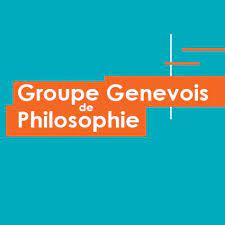Philosophy has, from its very beginnings and throughout history, continually reoriented itself. Today, institutionalized at universities, philosophy oftentimes seems confined to either making terms more precise or to justifying moral norms. The philosophy of orientation, as Werner Stegmaier has developed it over several decades, instead observes and reflects how different philosophies orient themselves from different standpoints, in different perspectives, and within different horizons.
It seeks to go back to the roots of philosophy, to the question of how certainties are created out of uncertainties. It establishes a proper philosophical language for the problems of our current time and thereby provides a new “first philosophy.” Today’s world is changing more rapidly, is growing more complex, and has become more unsurveyable than ever before; the philosophy of orientation keeps up with the times by continuously reorienting its concepts. It does not defend a specific philosophical position, religious doctrine, political worldview, or scientific theory. Rather, it shows how such positions establish themselves and how there are always alternative ways of perceiving the world.
WHAT IS ORIENTATION?
Orientation is, according to the philosophy of orientation, the achievement of finding one’s way successfully in a new situation. But every situation is somewhat new. Human orientation is, above all, about how we cope with surprising and difficult situations and how we make decisions, every day and every moment, under the conditions of uncertainty and the pressure of time, about what we will do. To provide a more realistic view of the world as we experience it in everyday life, the philosophy of orientation connects with ongoing research in the sciences and scrutinizes the societal orientation worlds of business, politics, mass media, law, art, science, and so on, which professionalize specific orientation skills and orientation virtues that are rooted in everyday orientation. It investigates these orientation worlds not with respect to their ideals but to their realities.
